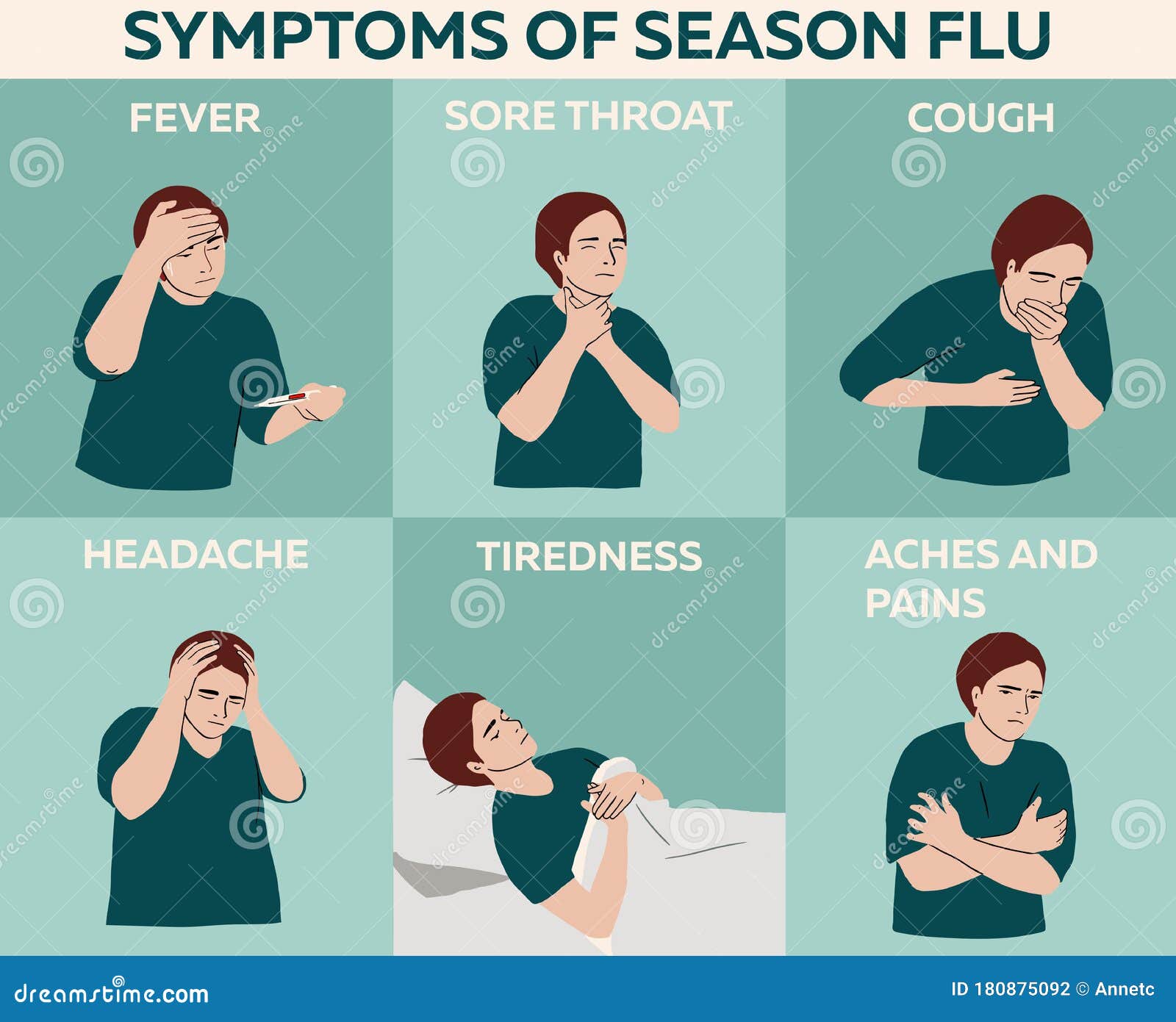Cough And Sore Stomach Why My Hurts When I Answered
Several things may cause stomach pain when you couch, including inflammation of your appendix or pancreas. Sore throat acid reflux is a condition where digestive fluids can leave your stomach and move back up into your Some causes may need immediate medical attention.
Relationship between Coughing and the Stomach What is Acid Reflux
Persistent coughing strains your abdominal muscles causing stomach pain when coughing. Cough sore throat runny or blocked nose fever and chills body aches headache fatigue vomiting and diarrhea, which is more common in children: Treating cough will help ease the stomach pains.
After that, you can start addressing other causes of your stomach pain which include the hernias, diabetes, pelvic problems, and acid influx.
Many people experience stomach pain while coughing, ranging from mild discomfort to sharp, stabbing pain. This article explores why your stomach hurts when you cough , possible causes, when to seek medical attention, and how to find relief. If you have symptoms like intense abdominal pain accompanied by coughing, difficulty breathing, uncontrolled vomiting, or persistent, sharp pain, it’s time to seek help. Delaying medical attention here can lead to complications, making the condition more difficult to treat.
Learn about the different conditions that can cause abdominal pain when coughing. Recognize symptoms that might suggest a connection between a cough and stomach pain. Experiencing stomach pain when you cough can be a perplexing and uncomfortable sensation. While it might be tempting to dismiss it as a temporary inconvenience, understanding the underlying reasons can help you address the issue more effectively.

The abdomen hurts from coughing is a common condition characterized by pain or discomfort in the abdominal region that occurs as a result of persistent or forceful coughing.
It can be caused by various factors, such as strained muscles in the abdominal wall, increased pressure on internal organs, or underlying medical conditions. — the flu, caused by influenza viruses that are always changing, leads to fever, chills, cough, sore throat, runny nose, body aches, headaches and feeling tired. Flu symptoms tend to hit more Common symptoms of acute bronchitis include nasal congestion, cough, headache, sore throat, muscle aches, and fatigue.
Acute bronchitis in children also may include runny nose, fever, and chest pain. Treatment for acute bronchitis includes otc pain relievers, cough suppressants (although not recommended in children), and rest. They are bloated & have stomach pain. Stomach pain that is accompanied by severe bloating can be a sign that your child is

Sometimes coughing can cause the symptom of sore muscles.
You may notice the pain more in the chest, back, and stomach areas. This happens because you are using the muscles when you cough and are straining them. Sore throat (throat pain) usually is described as pain or discomfort in the throat area. A sore throat may be caused by bacterial infections, viral infections, toxins, irritants, trauma, or injury to the throat area.
Common symptoms of a sore throat include a fever, cough, runny nose, hoarseness, earaches, sneezing, and body aches. If you suspect a hernia, seeking medical attention is crucial for proper diagnosis and treatment. Pregnant women may experience stomach pain while coughing due to the strain on abdominal muscles. Patient at risk for gastroesophageal reflux disease (gerd):

Gerd is a disorder where the bile flows back to the esophagus, affecting the lining of the esophagus.
This may progress to a dry cough. Influenza infections generally start with a sore throat and headache which quickly turns into high fevers, generalised aches and excessive fatigue. See relevant content for 3plehealth.com. Please turn off your ad blocker.
Heartburn and acid regurgitation are the main symptoms of gastroesophageal reflux disease (gerd), though some people have gerd without heartburn. Other symptoms include pain in your chest and/or abdomen, difficulty swallowing, dry cough, hoarseness, nausea, vomiting, bad breath, wheezing, and interrupted sleep. Experiencing diarrhea and a sore throat at the same time is often a sign of a viral infection. In most cases, stomach muscle pain from coughing is not considered serious but rather a temporary nuisance.

However, if the pain persists for an extended period or is accompanied by other worrying symptoms such as difficulty breathing or severe chest pain, seek medical attention immediately.
How can i alleviate stomach muscle pain from coughing? Sore throat (throat pain) usually is described as pain or discomfort in the throat area. A sore throat may be caused by bacterial infections, viral infections, toxins, irritants, trauma, or injury to the throat area. Common symptoms of a sore throat include a fever, cough, runny nose, hoarseness, earaches, sneezing, and body aches.
More common reasons for sore throats in children. Luckily, such emergencies are rare. Sore throats can be caused by many things, including: It's most likely a virus if along with the sore throat your child has a runny nose and cough, perhaps with body aches, fever, an upset stomach, or diarrhea.
This type of pain usually starts behind the breastbone, also called the sternum.
It may travel up to the throat. The pain can last from a few minutes to several hours and usually occurs shortly after eating. When stomach acid enters your throat, it can cause irritation. This can lead to hoarseness.
Indigestion (dyspepsia, upset stomach) can be caused by problems related to, or not related to the gastrointestinal tract. Signs and symptoms are upper abdominal pain, belching, nausea, vomiting, abdominal bloating, and abdominal distention. Treatment depends upon the cause. Causes of stomach pain when coughing overuse and strain of stomach muscles.
One common reason for abdominal pain during coughing is the overuse and strain of stomach muscles.
When we cough, especially when it’s intense or prolonged, such as during a cold or flu, we contract our abdominal muscles forcefully. When your appendix (the thin tube that forms part of the gastrointestinal tract) is inflamed—known as appendicitis—you may experience severe abdominal pain that worsens when you cough, sneeze Abdominal pain nausea vomiting fever: